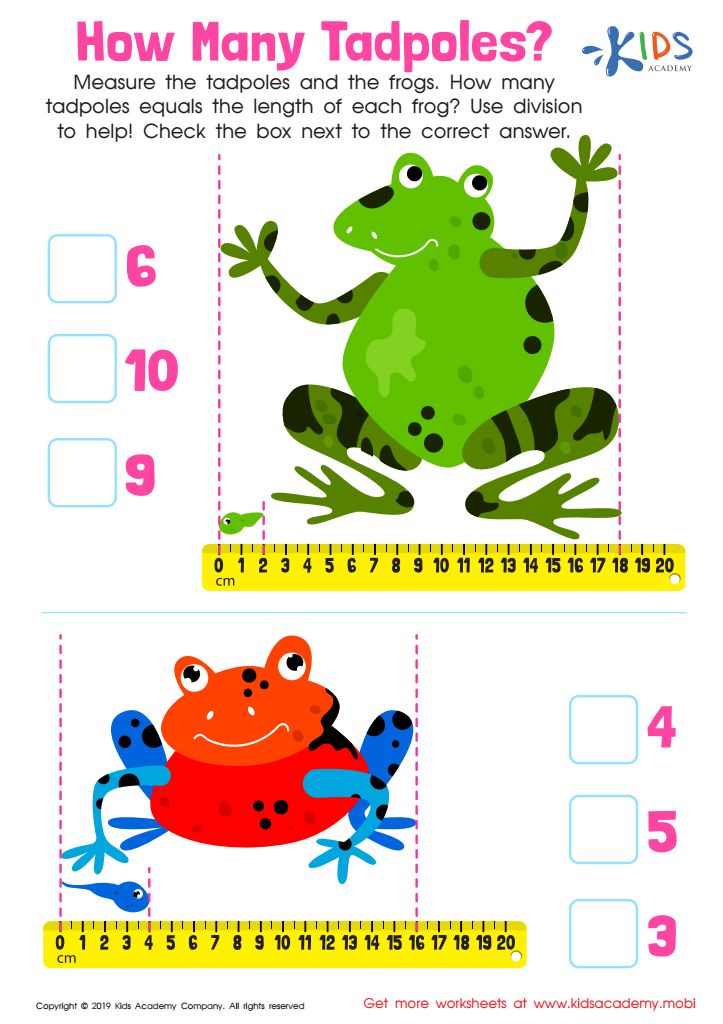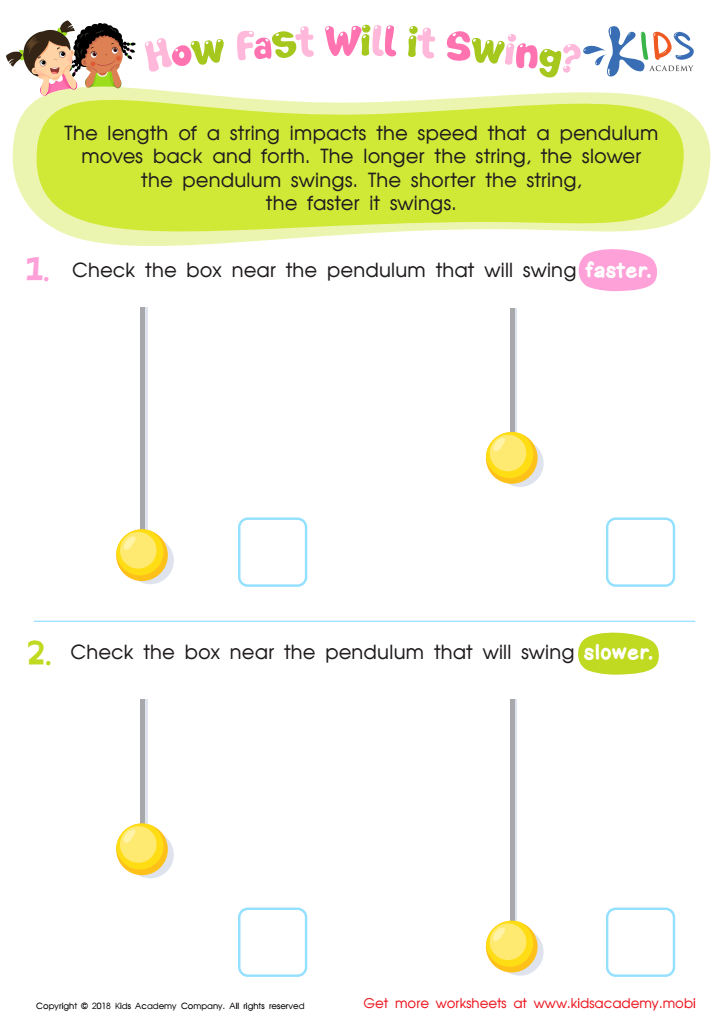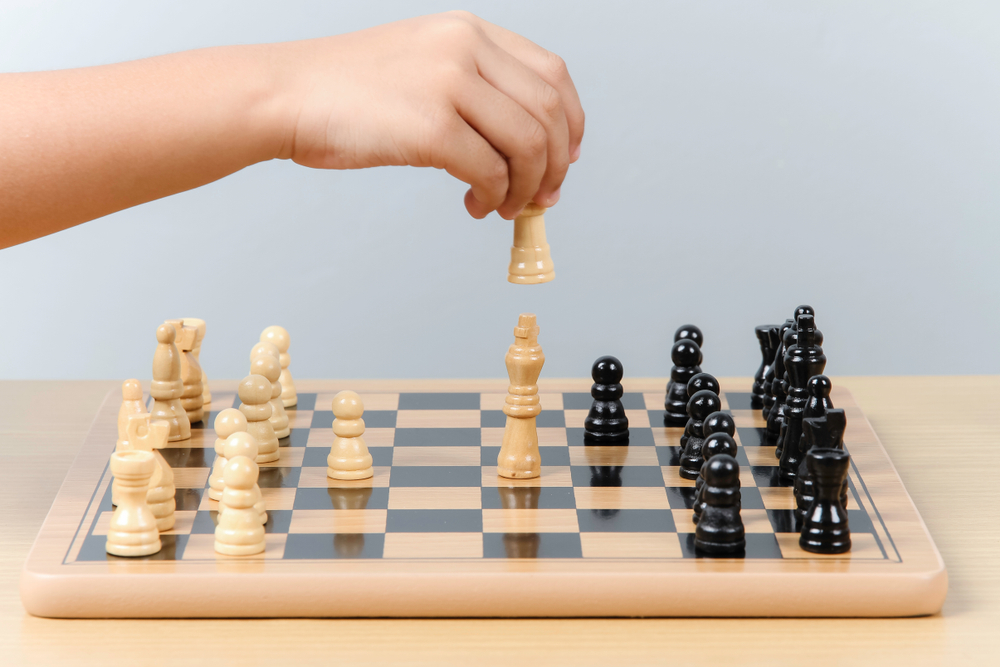Observation skills Normal Science Worksheets for 8-Year-Olds
3 filtered results
-
From - To
Enhance your child's observation skills with our engaging Normal Science Worksheets designed specifically for 8-year-olds! These interactive and playful resources focus on developing keen observational abilities, essential for scientific exploration and understanding. Each worksheet encourages kids to look closely, analyze details, and draw connections between concepts. With a variety of activities, from identifying patterns to summarizing observations, learning becomes both fun and effective. Our worksheets support critical thinking and boost confidence in young learners, preparing them for future scientific endeavors. Dive into our collection today and help your child become an inquisitive and enthusiastic observer of the world around them!


Matter: Assessment 1 Worksheet


How Many Tadpoles Worksheet


Pendulum Experiment Worksheet For 3rd Grade
Parents and teachers should prioritize observation skills in 8-year-olds because these skills are foundational for effective scientific inquiry and critical thinking. At this age, children are naturally curious and begin to engage more deeply with their surroundings. Cultivating strong observation skills enables them to notice details, ask insightful questions, and make connections between concepts. This enhances their ability to gather data, generate hypotheses, and draw conclusions in science and other subject areas.
Additionally, observation skills promote cognitive development, encouraging children to think analytically and creatively. These skills build a solid grounding in the scientific method, empowering children to conduct experiments and understand the world more holistically. Moreover, keen observation fosters socio-emotional growth as students learn to appreciate diverse perspectives and develop empathy by observing interactions around them.
Teaching observation also paves the way for lifelong learning and curiosity, important traits in an ever-evolving world. By encouraging young learners to develop these skills, adults are equipping them not only for academic success but also for thoughtful, informed citizenship. Ultimately, nurturing observation skills in young children supports a well-rounded education, making science accessible and enjoyable while laying the groundwork for future scientists and informed members of society.
 Assign to My Students
Assign to My Students















